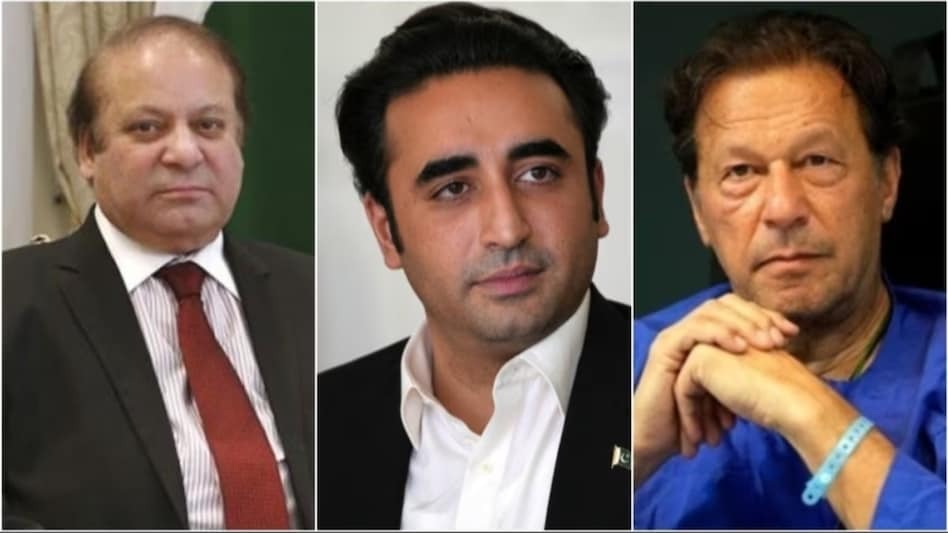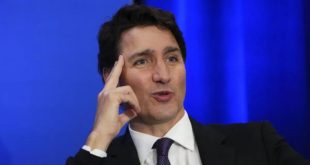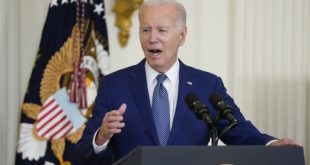 Pakistan Election Results 2024: Uncertainty Surrounds the Formation of the Next Government
Pakistan Election Results 2024: Uncertainty Surrounds the Formation of the Next Government
The political landscape in Pakistan has taken a dramatic turn following the elections held two days ago. Despite being incarcerated, Imran Khan’s influence remains strong, casting a shadow over the formation of the new government. The electoral results have not provided a clear picture of the next Prime Minister, leaving the nation in suspense.
Imran Khan’s Resilience Despite Setbacks
Despite facing challenges, Imran Khan has maintained his lead in the number game. However, the military-backed Nawaz Sharif is determined to disrupt Nawaz’s political aspirations. The formation of a coalition government seems inevitable, with Bilawal Bhutto potentially playing a crucial role in shaping Pakistan’s political landscape.
Bilawal Bhutto’s Role in the Political Matrix
Bilawal Bhutto may emerge as a key player, positioning himself strategically without the support of Nawaz Sharif’s PML-N. Sources indicate that Bilawal aims to step into the shoes of the kingmaker, challenging the traditional power dynamics in Pakistan.
Military’s Influence and Nawaz Sharif’s Potential Return
Speculations are rife that Nawaz Sharif’s coronation is predetermined, as per sources within the military. Despite Bilawal’s aspirations, Nawaz Sharif’s return might tilt the balance against him.
Shifting Dynamics: Election Results and Seat Distribution
Out of the 265 seats announced, Imran Khan’s PTI secured 101, while Nawaz Sharif’s PML-N clinched 77. Bilawal Bhutto’s PPP stands at 54, with Alataf Hussain’s MQM-P securing 17 seats. The PPP’s rise challenges Nawaz Sharif’s dream of returning to power.
Challenges in Forming the New Government
In the 336-member National Assembly, 266 seats are subject to voting, with one seat withheld due to unfortunate incidents. Additionally, 60 seats are reserved for women, and 10 for minorities, distributed based on proportional representation. To form a new government, a party needs 133 seats out of the total 265 contested seats.
Imran Khan’s Defeat Despite Victory
Imran Khan, despite securing a considerable number of seats, faces defeat in the larger political spectrum. The military’s apparent favoritism towards Nawaz Sharif raises questions about the authenticity of the electoral process.
Potential Coalition Strategies
In the absence of a clear majority, political parties are engaging in strategic alliances. Nawaz Sharif’s PML-N and Bilawal Bhutto’s PPP may join forces to form the new government, challenging Imran Khan’s PTI.
Mathematics of Government Formation
With PML-N securing 73 seats and PPP securing 54, a coalition of the two parties would have 129 seats. To reach a majority of 133, additional support from independent candidates or smaller parties becomes crucial.
The ‘Foot Soldier’ of the Military Government
The question remains, who will be the next ‘foot soldier’ in the military government, occupying the seat of the Prime Minister? The power dynamics between Nawaz Sharif and Bilawal Bhutto, as well as the military’s influence, will shape the unfolding political drama.
Imran Khan’s Absence in the Political Narrative
While PML-N and PPP are strategizing for government formation, Imran Khan’s supporters express discontent, utilizing social media platforms to ridicule Nawaz and Bilawal. The absence of Imran Khan’s charismatic presence has left a void in the political discourse.
Potential for Internal Strife: A ‘Civil War’ Scenario
International Crisis Group’s pre-election warning of potential internal strife looms larger post-results. The footage of violence and unrest hints at a volatile situation, raising concerns about the stability of Pakistan’s political future.
Pakistan finds itself at a crossroads, with the election results creating perplexity and burstiness in the political landscape. The uncertainty surrounding the formation of the new government, the power dynamics between Nawaz Sharif and Bilawal Bhutto, and the military’s influence set the stage for a complex political narrative.
 Suspense Crime Sach Ka Dam
Suspense Crime Sach Ka Dam


